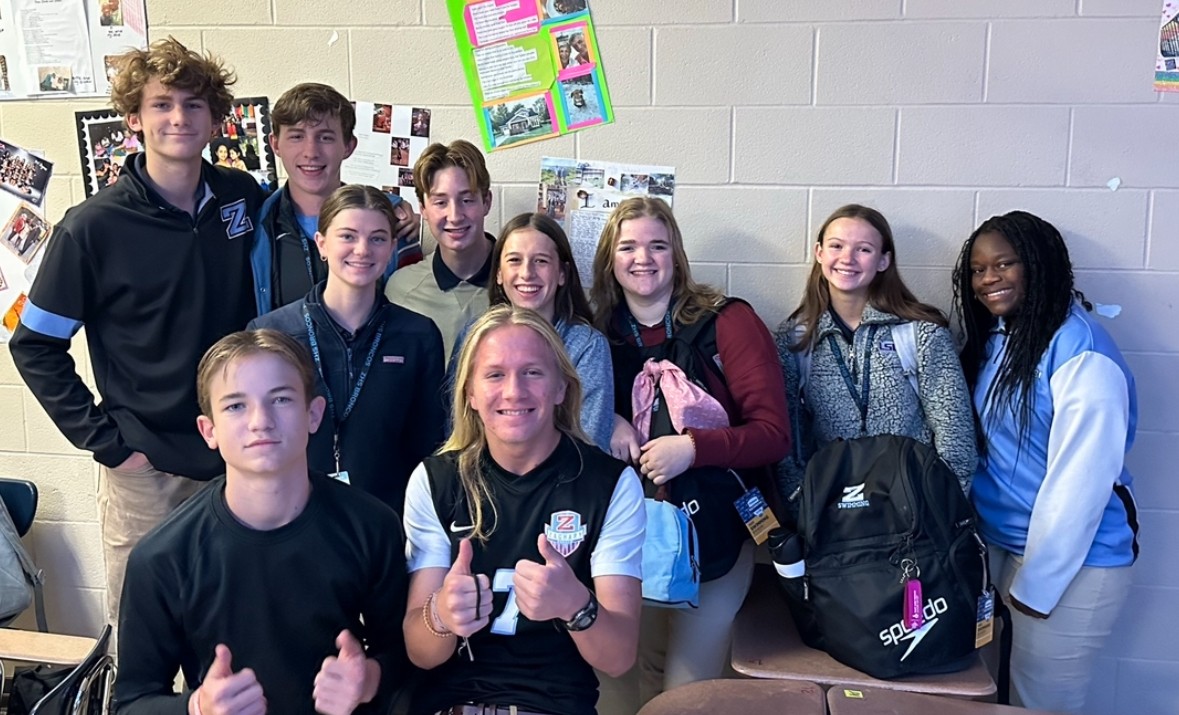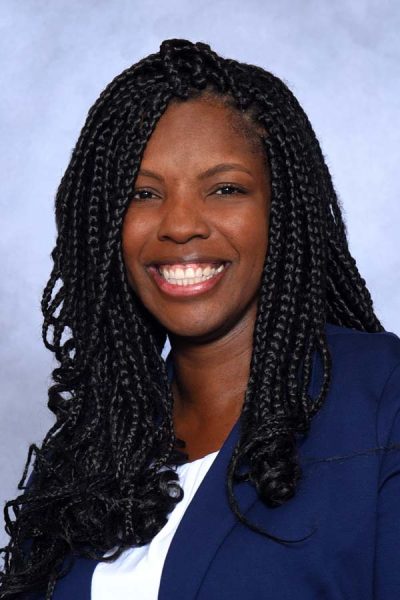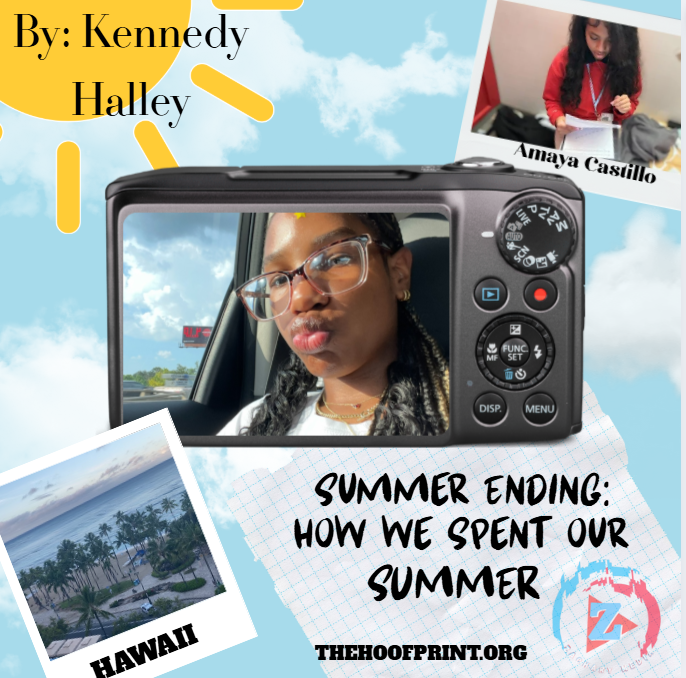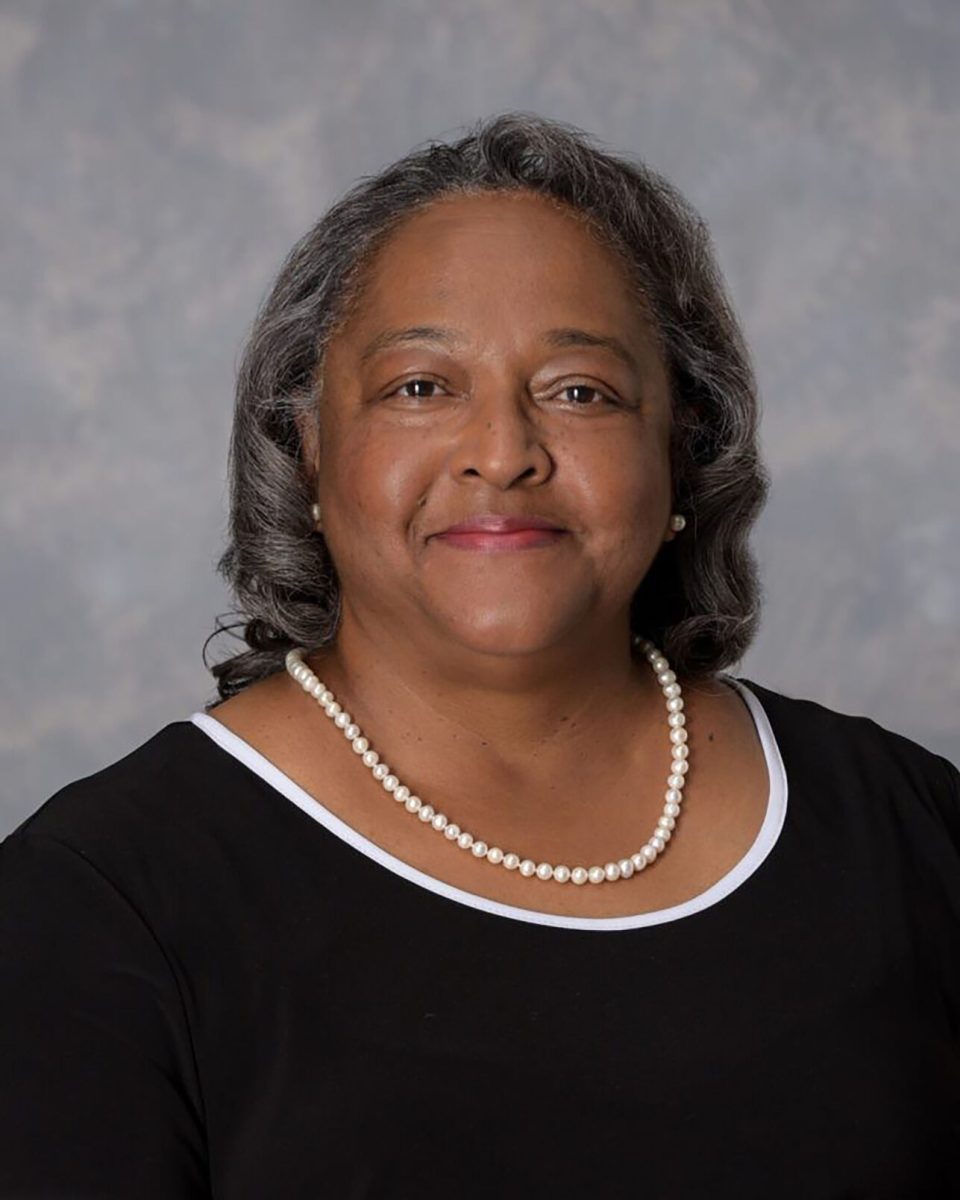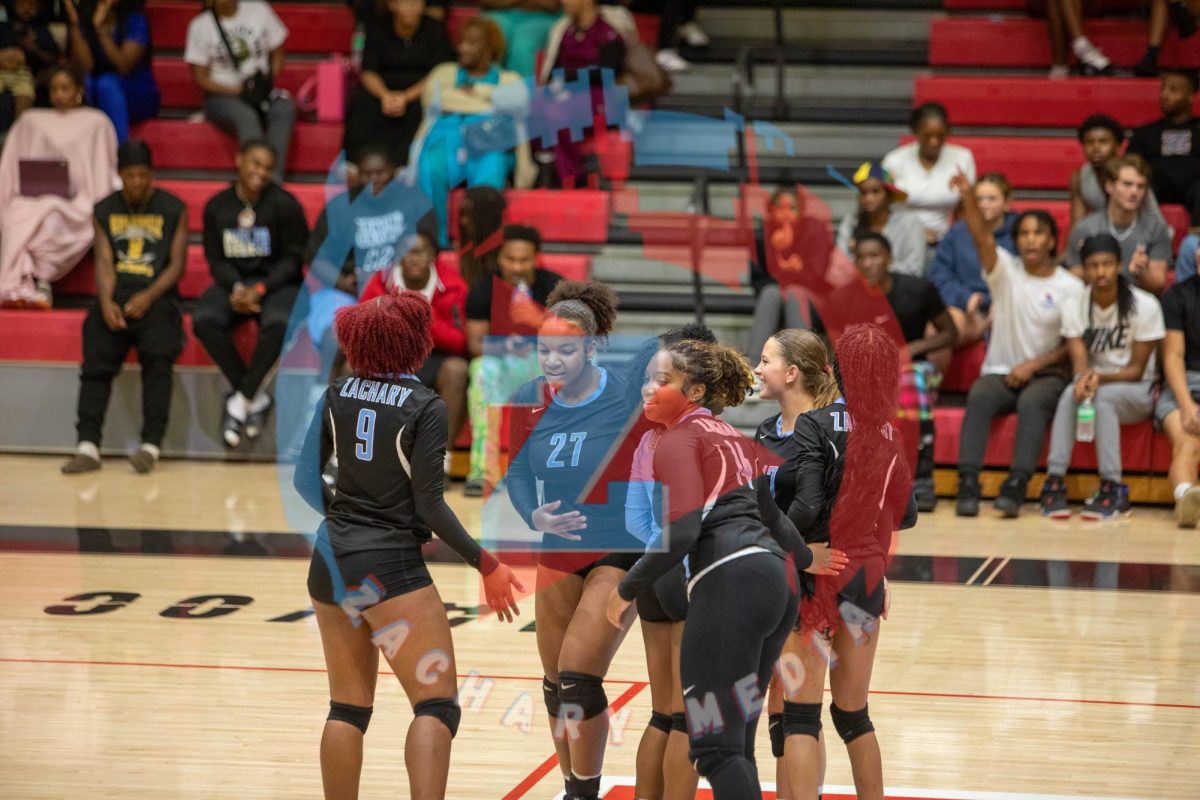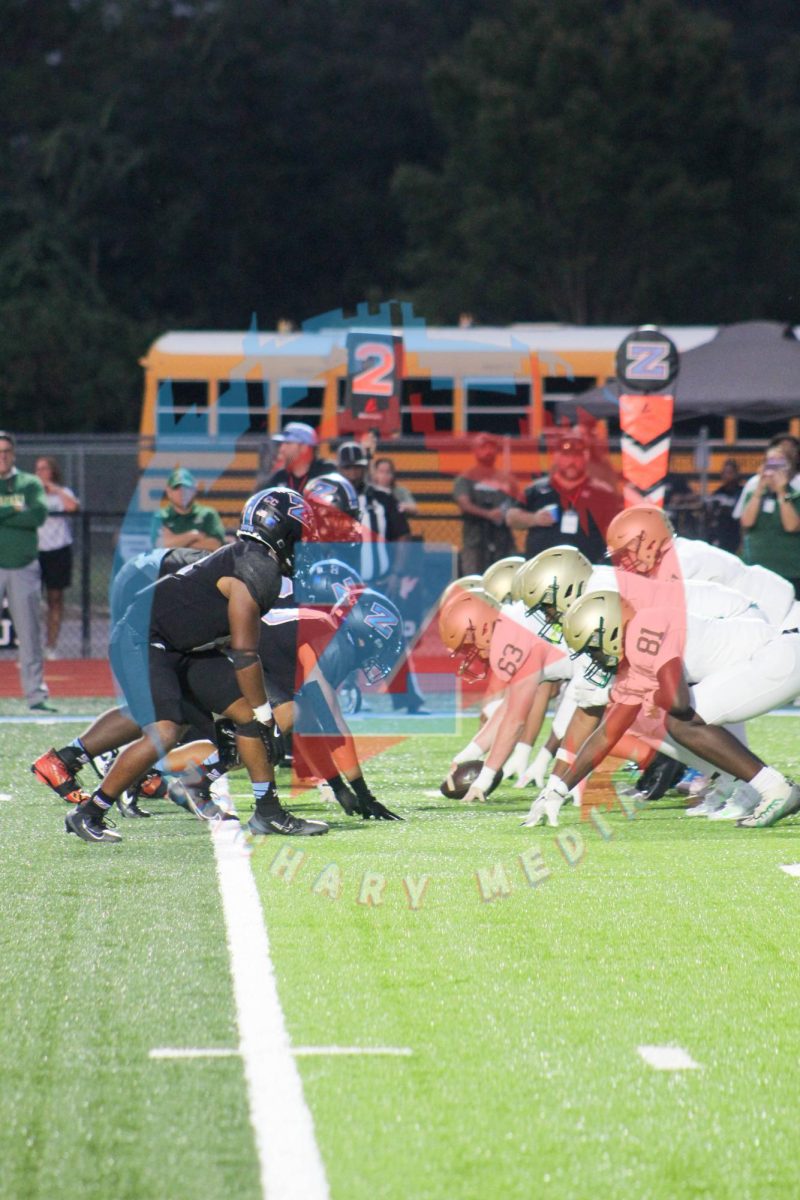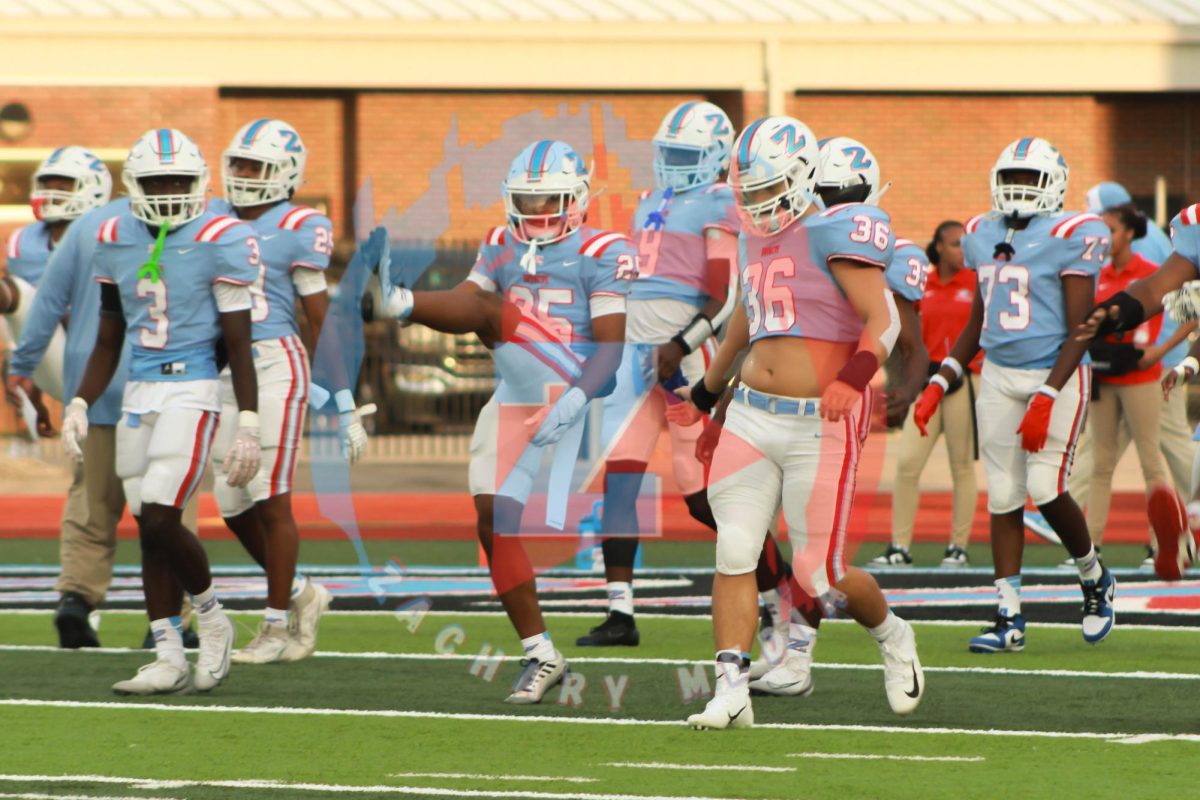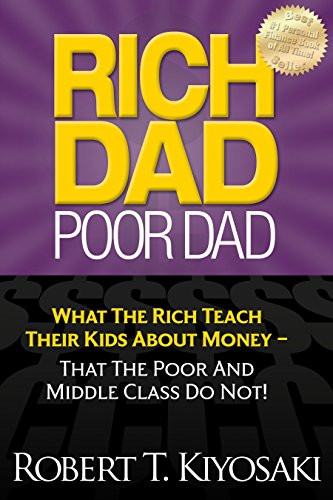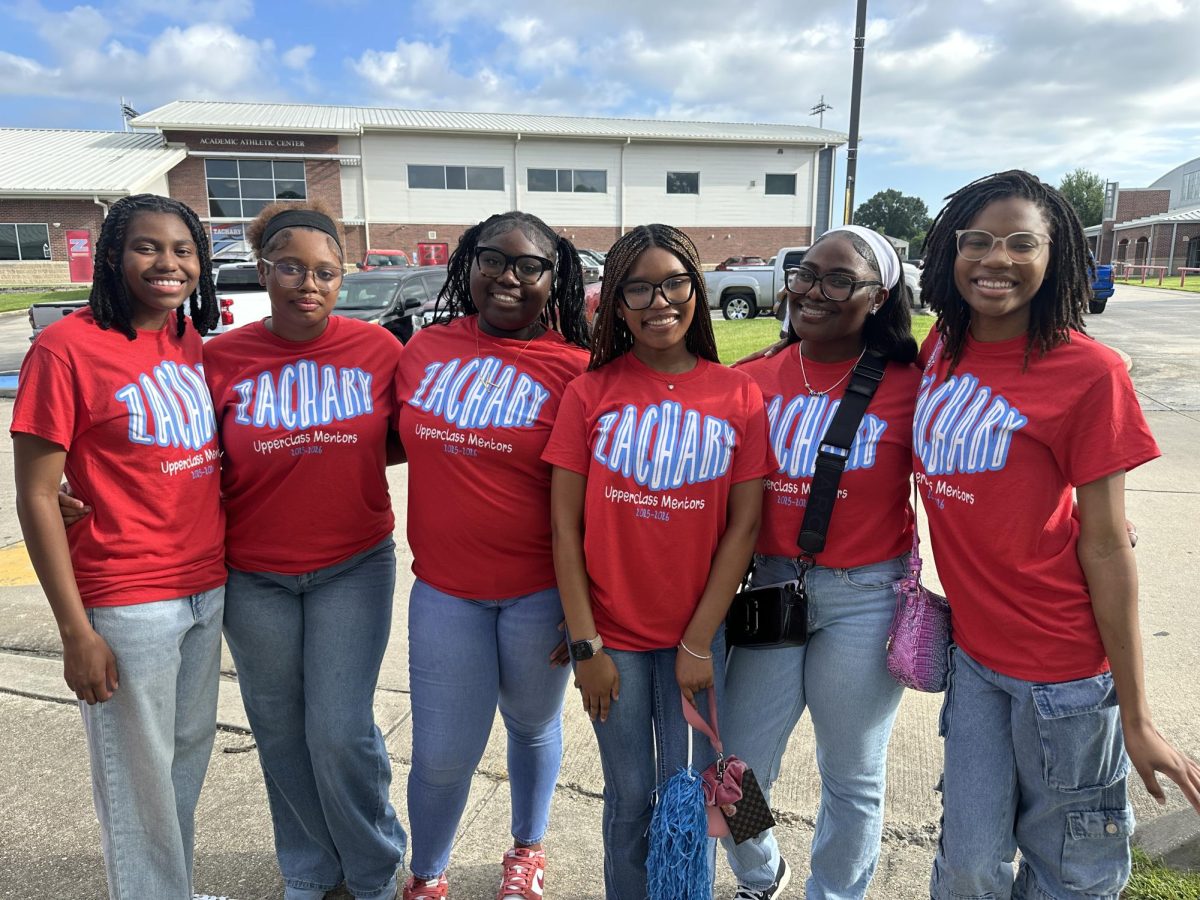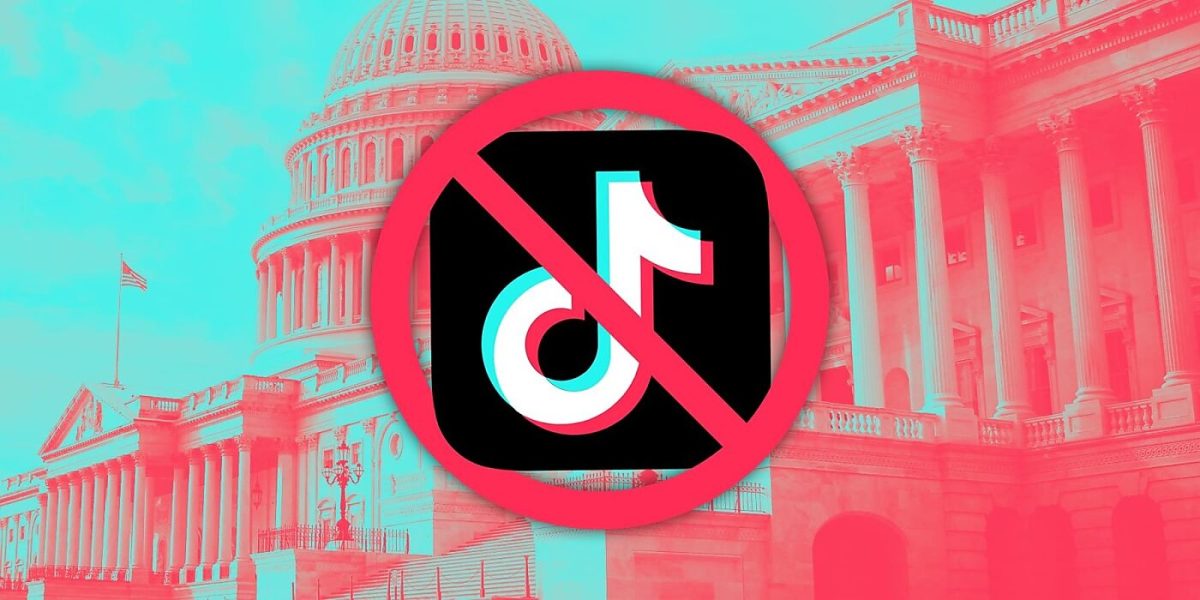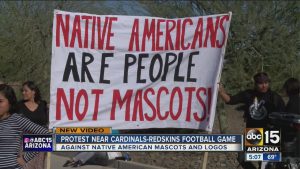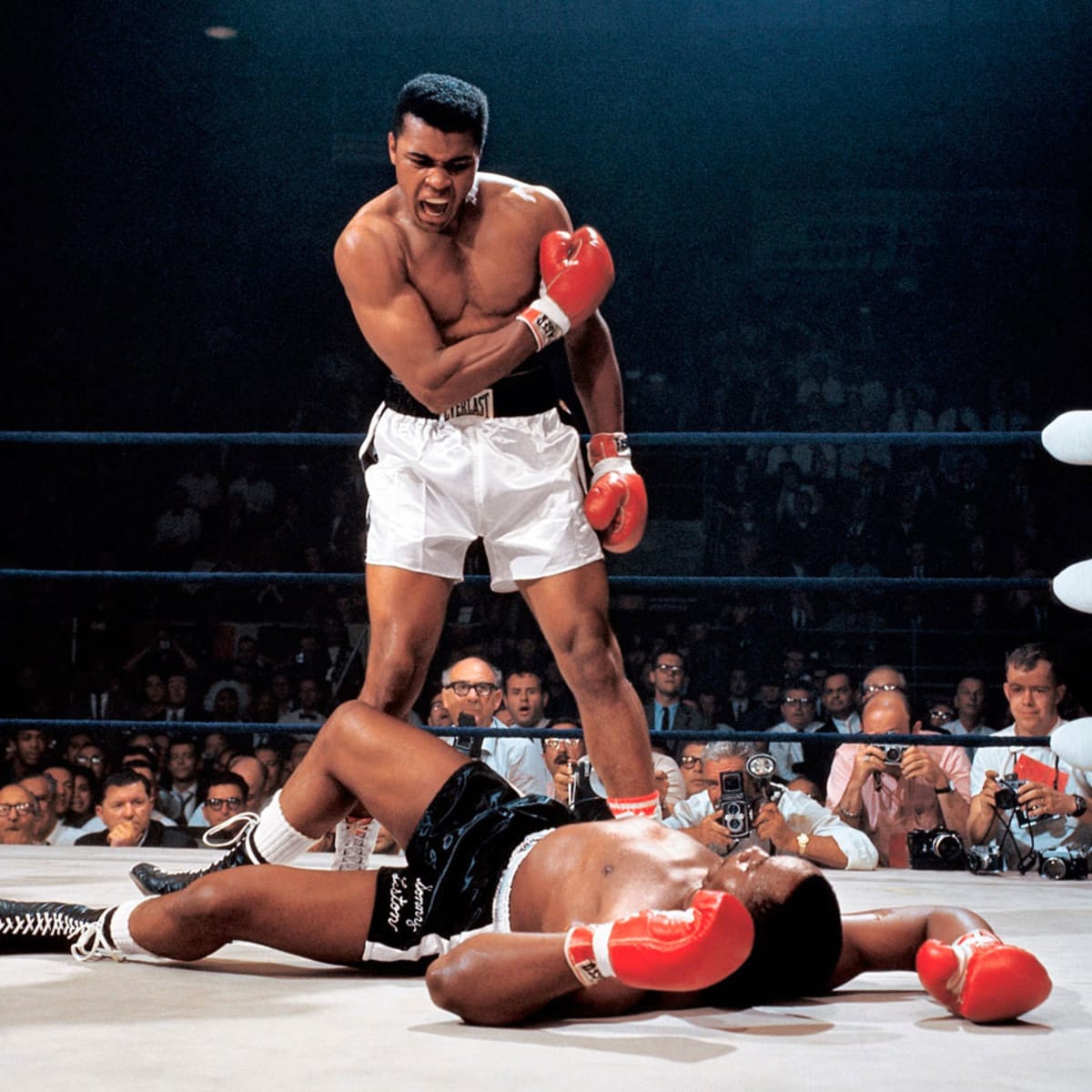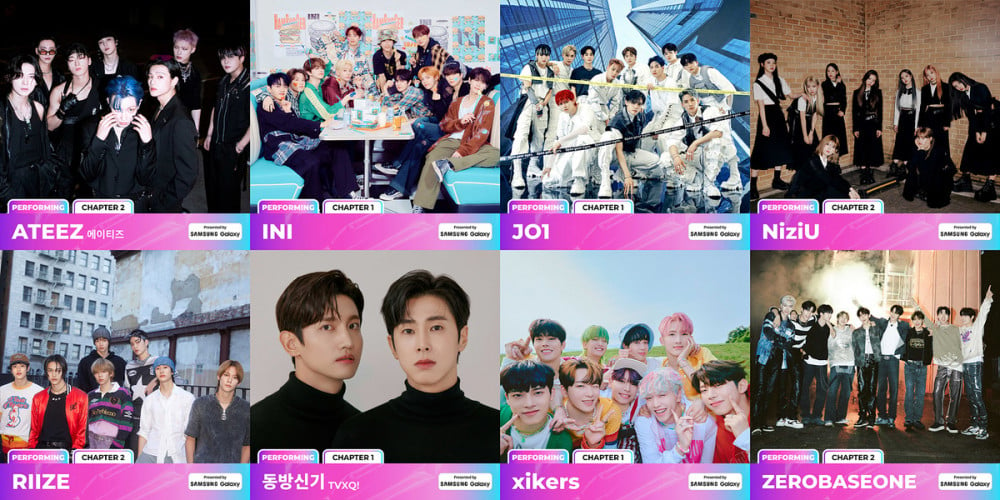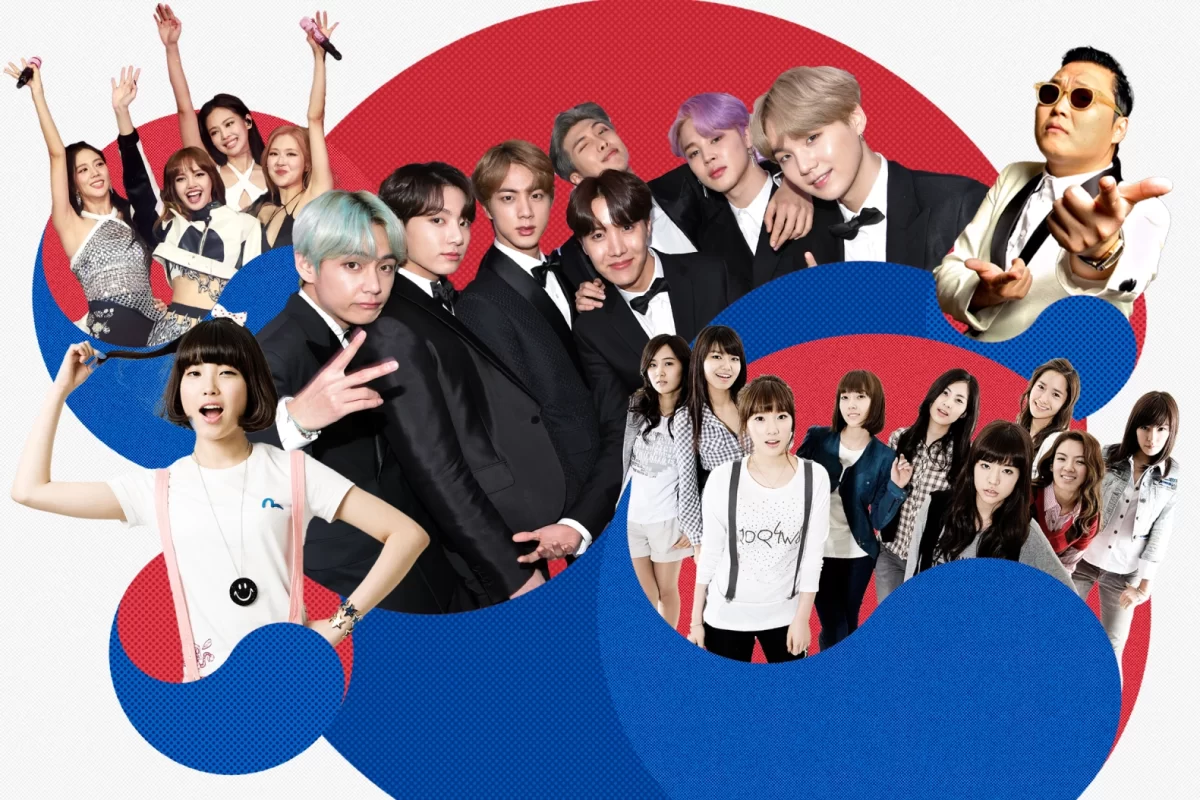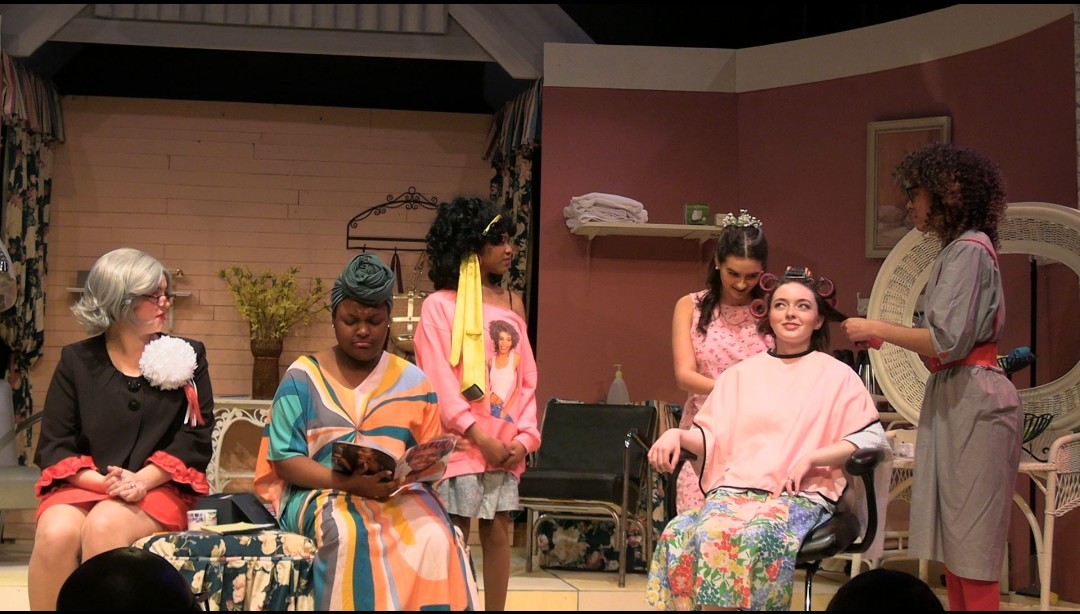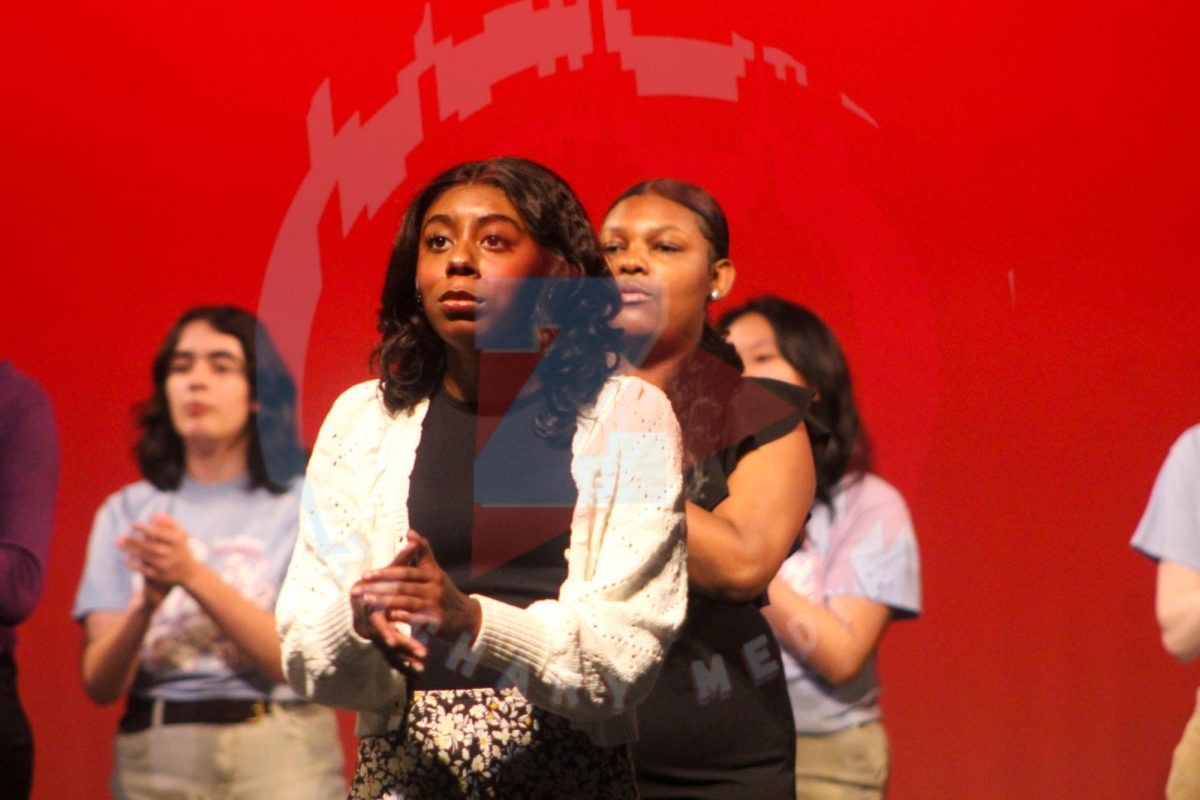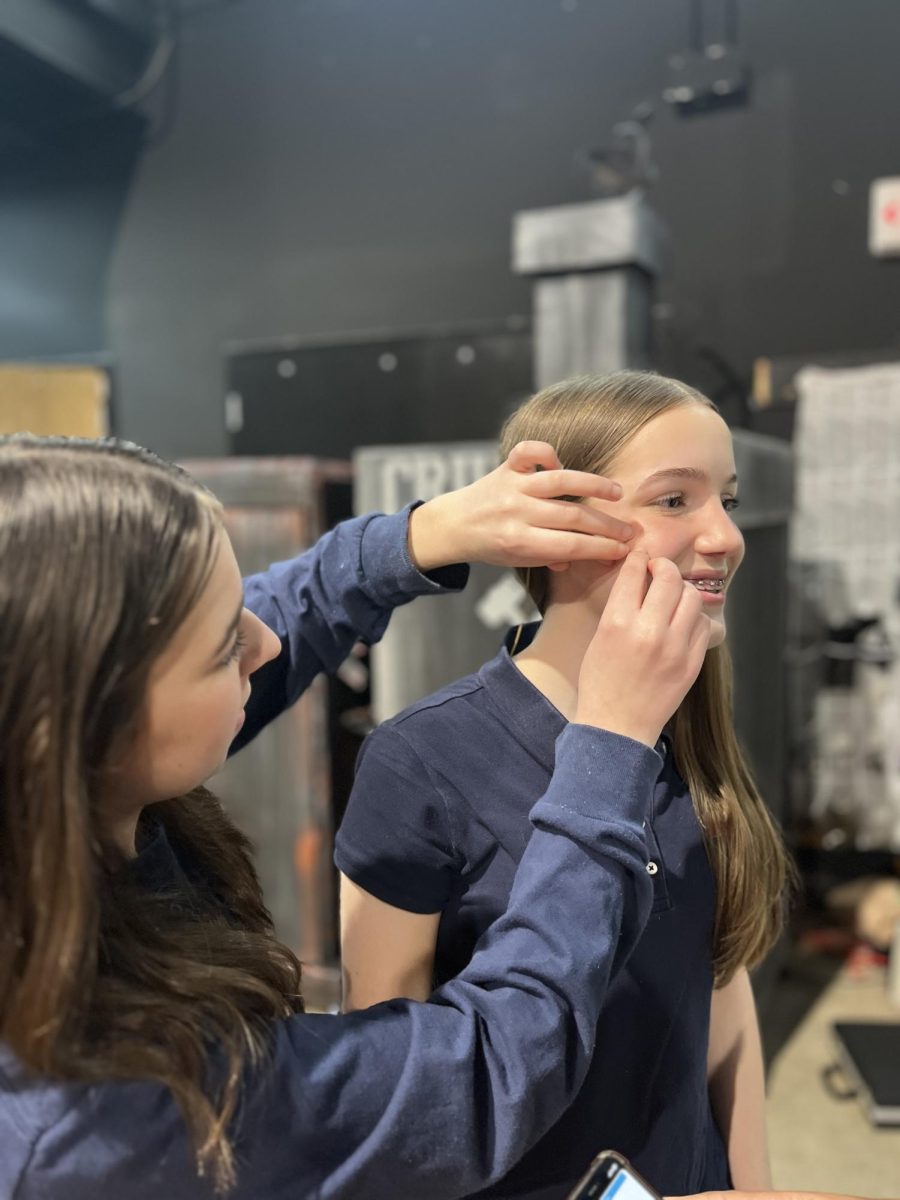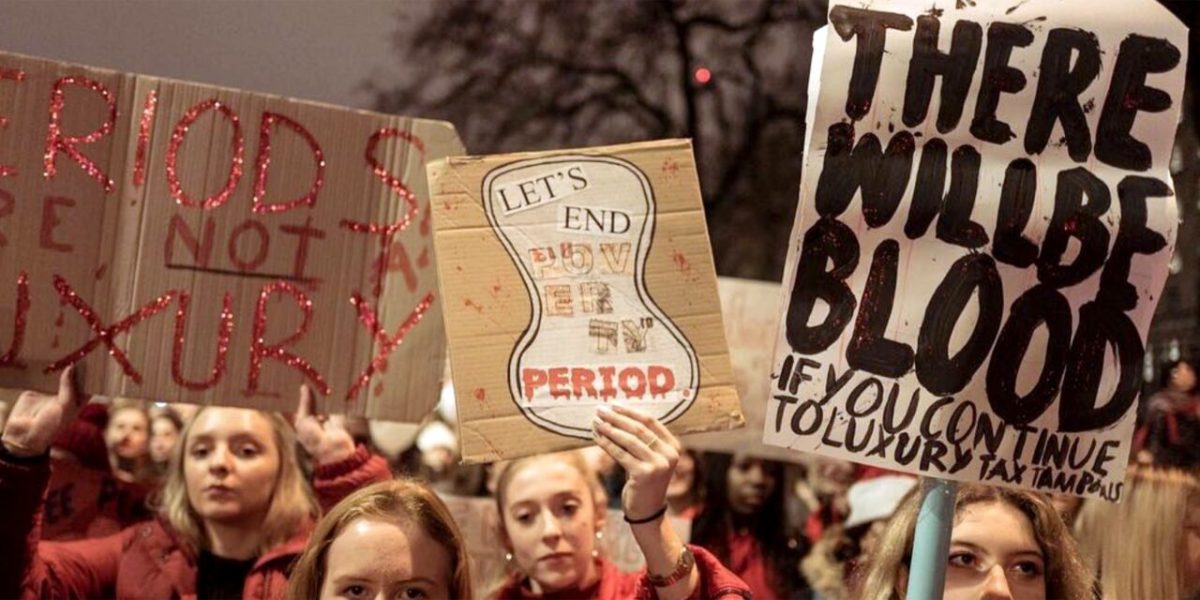Sometimes the issues that are the most widely talked about aren’t the most important ones. Likewise, some issues that are vastly important don’t receive enough attention. For example, when I pitched the idea of writing an article on “period poverty” to my fellow newspaper staff members, most of them starred back at me with blank faces, having never heard the phrase before. Despite how rarely period poverty is discussed, it’s a human rights issue that continues to harm millions of women around the world.
Period poverty is the inability to afford menstrual products, and in some cases, the inaccessibility to safe and sanitary facilities to manage menstrual hygiene. This inhumanity can take many forms, from broke college students in the United States, using socks as pads, to women and girls in Ethiopia who don’t even have a toilet to bleed into. World Bank reports that about 500 million women in the world lack access to menstrual products and over 500 million lack access to the necessary facilities to manage their periods.
Women in less developed regions of the world are particularly affected by period poverty. According to ActionAid, 65% of all women in Kenya cannot afford menstrual products like pads and tampons. Instead, many women in Sub-Saharan Africa and other poverty-stricken regions use rags, paper, cardboard, or even grass to hold their flow. These materials can lead to serious health risks and infections. But the alternative to using unsanitary products is for girls in these places to miss school for days on end to free bleed at home.
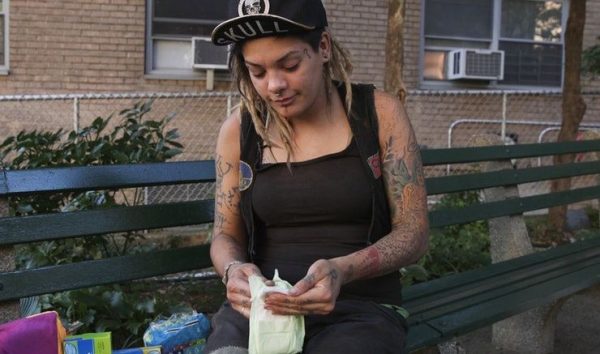
One would think that period poverty only affects less developed regions of the world, that countries like the United States, where human rights are valued, would be actively fighting period poverty. However, millions of women in the United States experience period poverty. The Journal of Global Health Records reports that 16.9 million people who menstruate in the U.S. are living in poverty, and two thirds of them can’t afford menstrual products. That means an estimated 11 million women can’t afford to buy menstrual products in the United States.
But lawmakers in the U.S. are not making any effort to fix these rates. In fact, period products are still considered “luxury items” by 30 states and taxed upon purchase.
I believe the ignorance and indifference surrounding period poverty is the result of social stigmas and misinformation about the female body. Menstruation is viewed as “gross” and “unsanitary” almost everywhere.
Here, in the U.S., girls are taught to hide their periods. If you have to change your tampon at school, you shove it in your pocket so that no one can see. If you don’t have a pad, you whisper as quietly as you can to the girl next to you for one so that a boy won’t hear.
Girls in less developed countries face different issues, but the issues still stem from unfair stereotypes about menstruation. For example, in parts of Nepal, girls are banished to mud huts for the deration of their period because it is believed that they will bring bad fortune and poor health to their family. Similarly, a study was conducted in 2019 where women in Malawi, South Africa, Uganda, and Zimbabwe were asked about their perceptions of hygiene and using a menstrual ring (given to them in the study) during menstruation. In the study, almost all the women expressed disgust toward their periods and said that their partners were disgusted by their blood during their cycles. One woman even said, “From what men say, menstrual blood can kill/hurt them… because menstrual blood is dirty/bad.”
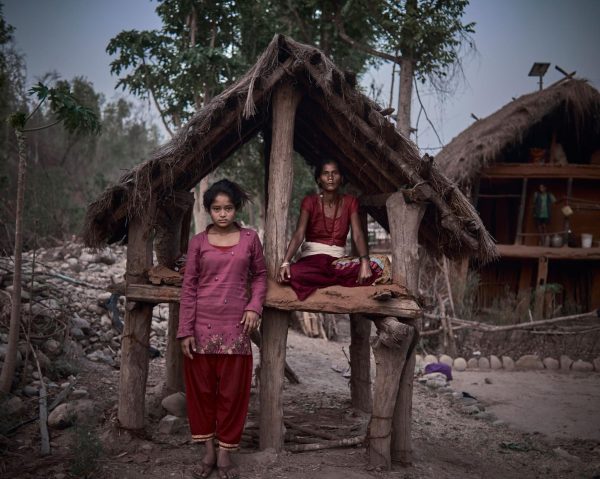
The idea that periods are vile and disgusting is what’s allowing period poverty to exist in societies. Menstruation isn’t some gross, unsanitary condition that needs to be hidden. It’s a natural process that actually helps to keep the female body clean. Menstruation is something that happens to every woman, and without it, a woman’s body wouldn’t be able to carry and deliver a baby. It’s a process that should be respected and cared for.
In order to change the stigmas surrounding periods in the United States, we need to educate not just girls, but boys on sexual education. Louisiana, and many states like it, doesn’t require schools to teach sexual education. I believe that needs to change. If we prioritized teaching sexual education in schools, we’d see numerous benefits. But one of the biggest benefits would be ending the belief that menstruation is something that needs to be hidden. By educating young people about periods, more legislation would be passed that would promote more accessible period products.
Period poverty is a major issue that has lived in the shadows for too long. To bring it to light, we must first address social stigmas about menstruation.
If you are looking for ways to help the women in your community overcome period poverty, you can donate materials. NHS is leading a donation drive to collect flushable wipes for women in the area. Reach out to the project lead, Claire Conner, for more information at [email protected].
https://www.actionaid.org.uk/blog/2022/05/18/period-poverty-statistics-around-world





